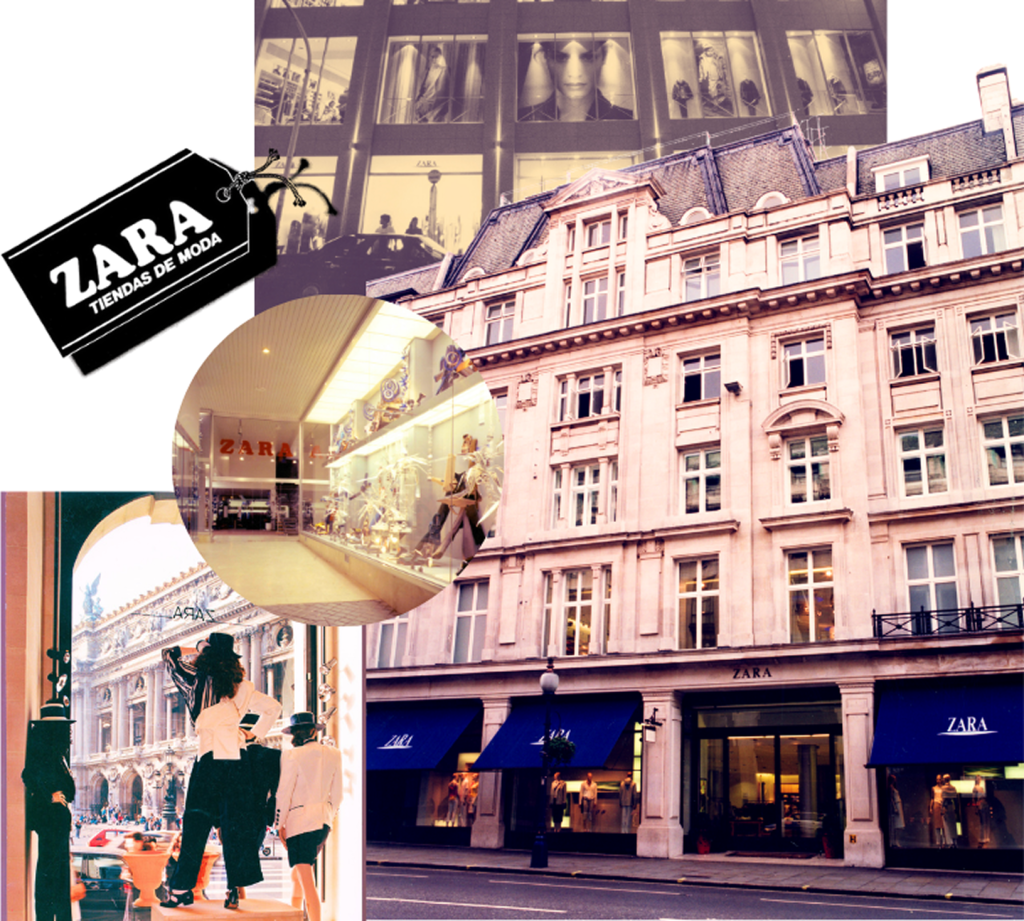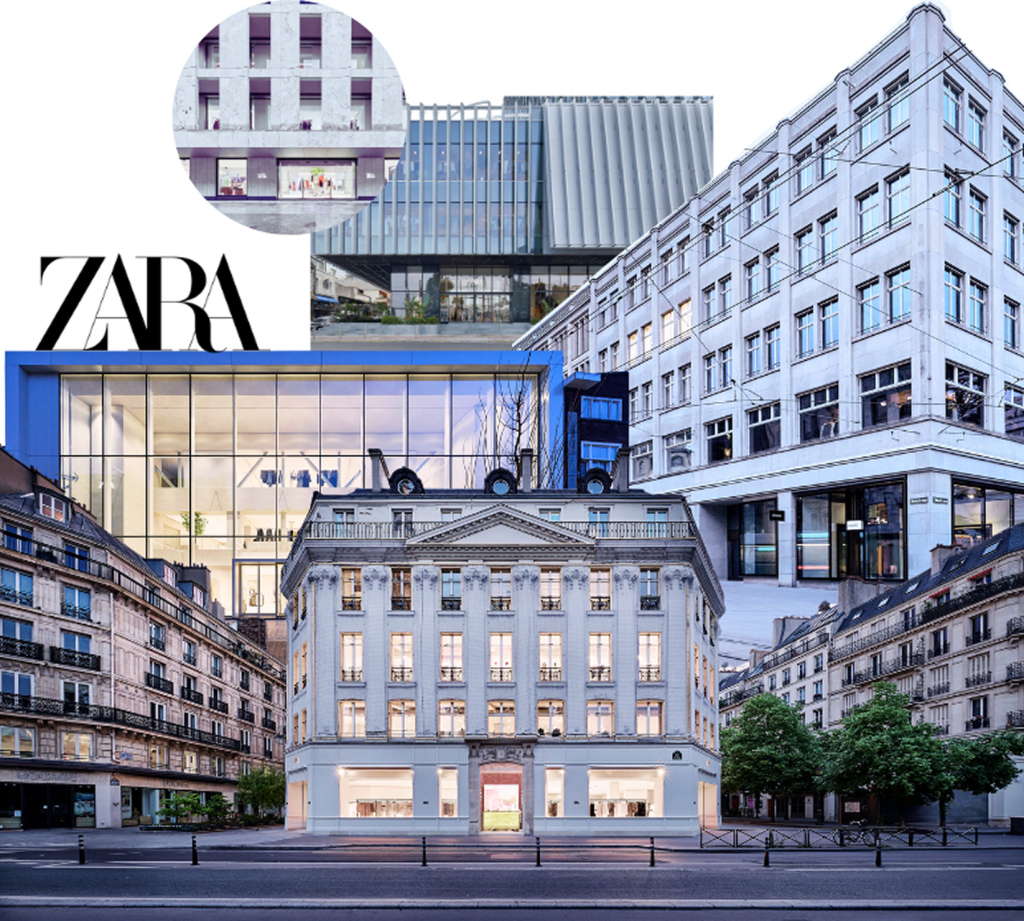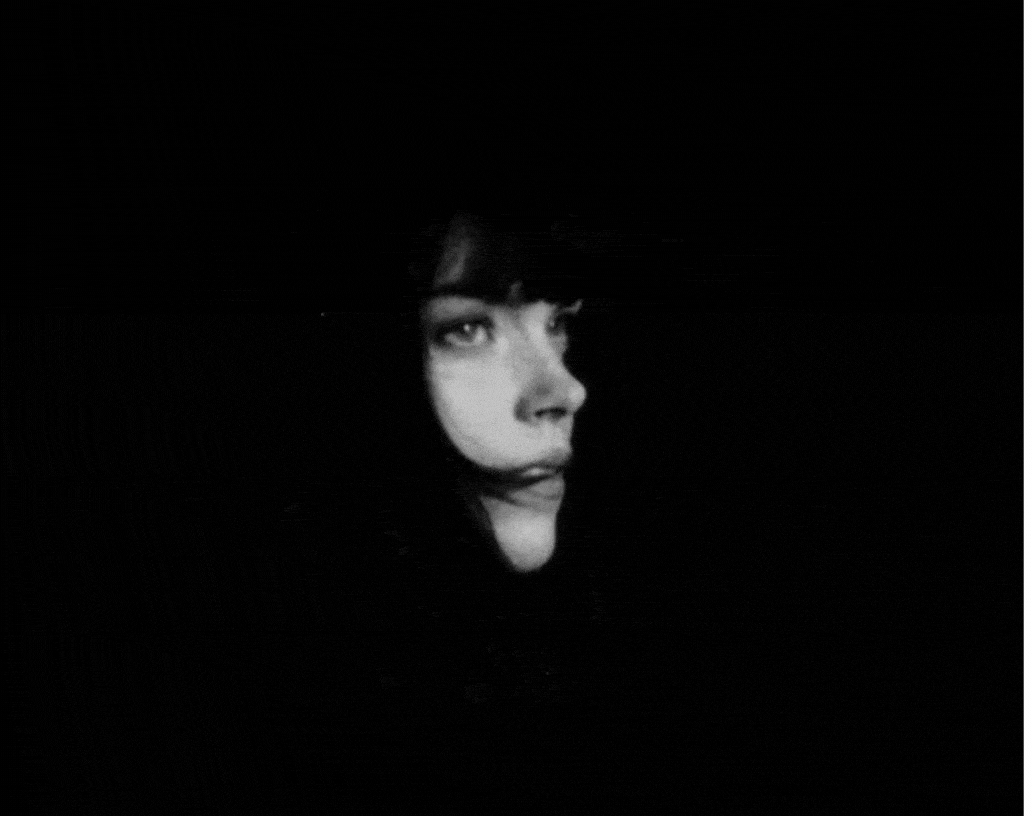In a world where everything competes to go viral, Zara chose the whisper. For fifty years, Inditex’s flagship brand never needed to shout to transform everything. Its discretion has always been its most radical strategy. And now, as it celebrates half a century of existence, it doesn’t ask us to revisit its past, it invites us to recognize ourselves in the mirror it built: one where style is not a statement, but a decision. This is not a retrospective. It’s a radiography of power that doesn’t explain itself. It is lived.
Zara: The Silent Empire That Redefined Ambition
Some brands define a decade. Others, a category. Zara defined a possibility.
It did so without muses, without spokespeople, without declarations of modernity dressed up as innovation. It did it in silence. While the industry raised its voice, Zara sharpened its architecture. While other brands fought for attention, Zara earned intention.
When it opened its first store in A Coruña in 1975, it was hard to imagine that this coastal space, more Galician than global, would become the seed of a new canon. One that wouldn’t be written in magazines, but embodied on city streets around the world. Zara didn’t expand. It propagated.
The New Luxury: Not Having to Say It
For years, fashion houses romanticized “democratization” as a noble gesture. Zara didn’t say it. It did it. Its true revolution wasn’t aesthetic, it was symbolic: giving millions access to pieces that didn’t reduce them to trends, but suggested a narrative of their own.
Zara never proclaimed feminism. And yet, there it was: in a perfectly cut blazer, in a dress that didn’t ask permission to walk into a boardroom, or out of a story. Its silence offered something rare: a mirror that reflected not approval, but authorship.
“50 Icons”: Enduring Presences, Not Echoes
The 50th anniversary campaign, directed by Steven Meisel, reads more like a visual thesis than a tribute. Naomi Campbell, Linda Evangelista, Cindy Crawford, Amber Valletta, each one appears not as a memory, but as momentum. Not as icons of the past, but as living proof that relevance is not a phase, it’s a stance.
These are not faces that ask to be remembered. They demand to be re-seen. The camera doesn’t flatter, it listens. And in that listening, Zara proposes a new kind of permanence: one that resists expiration. One that reclaims time as an ally, not an enemy.
A Coruña: When Roots Are the Compass
The reopening of Zara’s founding store wasn’t nostalgic, it was an aesthetic declaration. With local wood, coastal-inspired lighting, and a reading room where time replaces urgency, it doesn’t invite you to shop, it invites you to breathe. In 2025, true luxury isn’t possession. It’s presence.

Marta Ortega: Leadership Without Disruption
Since Marta Ortega assumed the presidency of Inditex, she didn’t reinvent the brand, she refined its tone. Under her guidance, Zara launched Pre-Owned initiatives, explored sustainability, digitalized its retail experiences… all without fanfare.
Not because there’s no ambition. But because today’s ambition no longer needs to explain itself. It only needs to move, quietly, but clearly.

Zara Beauty: Aesthetic That Doesn’t Interrupt, It Accompanies
In 2021, Zara introduced its beauty line like someone dropping an idea into a crowded room, quietly, confidently. Curated by Diane Kendal, whose work with Calvin Klein and Marc Jacobs helped redefine contemporary elegance, the collection wasn’t made to cover, but to reveal.
With campaigns shot by Steven Meisel, David Sims, and Nadine Ijewere, Zara Beauty challenged the idea of beauty as formula. Skin is not corrected, it’s heard. Color doesn’t dominate, it suggests. The products don’t transform, they edit.
In 2023, Zara expanded its manifesto with Zara Hair, in collaboration with Guido Palau—the visionary behind some of the most iconic runway hairstyles of the last two decades. But again, it wasn’t about product. It was about intention. Hair, not as accessory, but as language.
Here, beauty doesn’t shout. It murmurs. It doesn’t sell. It proposes.
The Art of Not Explaining
Zara turns 50 without ever writing its own autobiography. Yet all of us have read a chapter. In a skirt we wore to a job interview. In a shirt we passed down. In a jacket we bought without knowing it marked a new season of our lives.
Because Zara never set out to be a fashion brand. It set out—and succeeded—in becoming a brand of the world. Not the one that dresses your body. The one that edits your narrative.




